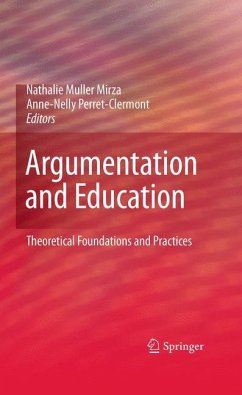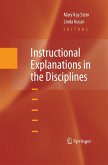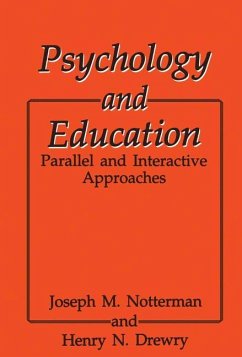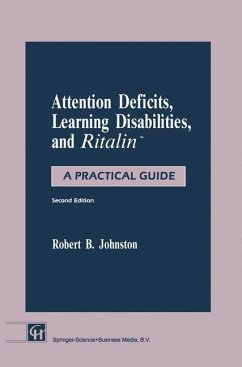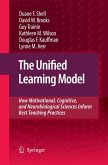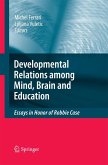During the last decade, argumentation has attracted growing attention as a means to elicit processes (linguistic, logical, dialogical, psychological, etc.) that can sustain or provoke reasoning and learning. Constituting an important dimension of daily life and of professional activities, argumentation plays a special role in democracies and is at the heart of philosophical reasoning and scientific inquiry. Argumentation, as such, requires specific intellectual and social skills. Hence, argumentation will have an increasing importance in education, both because it is a critical competence that has to be learned, and because argumentation can be used to foster learning in philosophy, history, sciences and in many other domains.
Argumentation and Education answers these and other questions by providing both theoretical backgrounds, in psychology, education and theory of argumentation, and concrete examples of experiments and results in school contexts in a range of domains. It reports on existing innovative practices in education settings at various levels.
Argumentation and Education answers these and other questions by providing both theoretical backgrounds, in psychology, education and theory of argumentation, and concrete examples of experiments and results in school contexts in a range of domains. It reports on existing innovative practices in education settings at various levels.
From the reviews:
"The book Argumentation and Education provides a very wide panorama on argumentation theories. ... Textual genres help students to situate and compare argumentation practices in all the sociolinguistic practices. ... Hence, analysing more situations engaging students in direct dialogue, without any technological mediation, would have been interesting. ... transformations are crucial to the understanding of links between argumentation and education. In this matter, a didactic approach ... is most suitable for describing and explaining how social and cultural practices transform into academic ones." (Roxane Gagnon, Bulletin Suisse de Linguistique Appliquée, Issue 91, 2010)
"This edited collection is a very welcome addition to texts in the field of argumentation and education. ... When woven in with the editors' own background in social psychology and psychology, the resulting cocktail is a well-balanced, heady and powerful one. ... In total there are only ten contributors-but they are all key thinkers in the field and eloquent writers too. This is a book well worth recommending to university libraries and especially for courses on argumentation at school and higher education levels." (Richard Andrews, Argumentation, Vol. 24, 2010)
"The book Argumentation and Education provides a very wide panorama on argumentation theories. ... Textual genres help students to situate and compare argumentation practices in all the sociolinguistic practices. ... Hence, analysing more situations engaging students in direct dialogue, without any technological mediation, would have been interesting. ... transformations are crucial to the understanding of links between argumentation and education. In this matter, a didactic approach ... is most suitable for describing and explaining how social and cultural practices transform into academic ones." (Roxane Gagnon, Bulletin Suisse de Linguistique Appliquée, Issue 91, 2010)
"This edited collection is a very welcome addition to texts in the field of argumentation and education. ... When woven in with the editors' own background in social psychology and psychology, the resulting cocktail is a well-balanced, heady and powerful one. ... In total there are only ten contributors-but they are all key thinkers in the field and eloquent writers too. This is a book well worth recommending to university libraries and especially for courses on argumentation at school and higher education levels." (Richard Andrews, Argumentation, Vol. 24, 2010)

